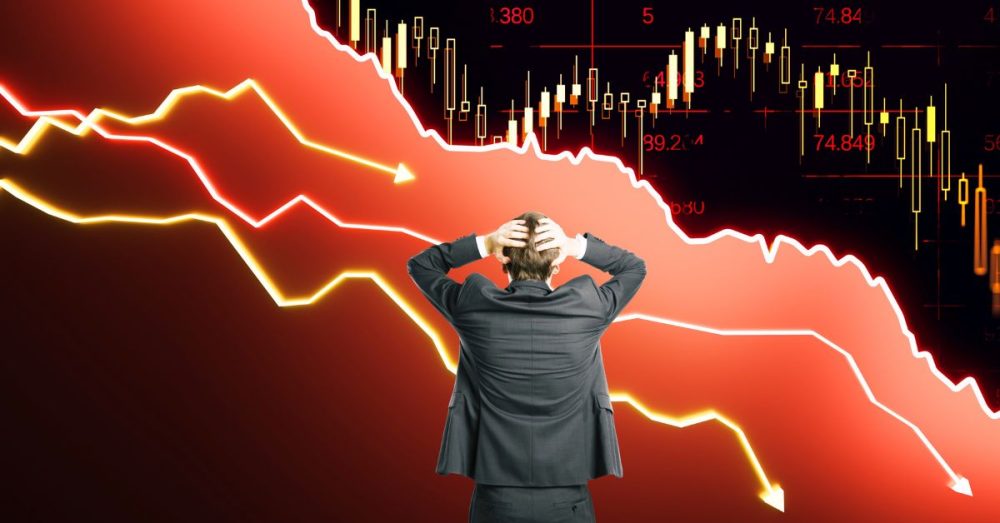If a Republican were sitting in the Oval Office, you can be guaranteed that James Carville would be saying, “It’s still the economy stupid!” echoing the phrase he coined more than 30 years ago when Bill Clinton ran against George Bush.
Bidenomics continues to show itself to be an unmitigated disaster, as number after number has shown that the economy is weakening and that the country is very likely already in or quickly headed for a recession.
It’s hard not to laugh at this point when the Biden administration and “experts,” who are clearly suffering from TDS, try to convince us that everything is okay.
The latest in a long line is Chicago Federal Reserve Bank President Austan Goolsbee, who said on Friday, “If we get more months that are below what we expected like this month or they revised what were already disappointing months in the previous two months downward, the more we see that, the more nervous we … might want to be on what’s happening on the state of the economy.”
We “might want” to be nervous if more bad numbers come in? Because the consistently bad numbers aren’t convincing enough yet?
Treasury Secretary Janet Yellen also claimed that the U.S. labor market is doing fine despite the latest data showing that it is weakening.
“My judgment is that we have a good, healthy labor market where we continue to create jobs,” Yellen said. “The job market has become less tight within the last year or so, but the unemployment rate we have today by historical standards would be considered very low.”
The Biden administration appears to have everyone buying into the philosophy: “Think good, and it will be good.”
I’m pretty sure that’s not part of any economics curriculum.
The Wall Street Journal reports on stocks dropping sharply amid worries of a slowing economy. Here’s the start of the story:
September is living up to its reputation as a tough month for stocks.
The S&P 500 fell 4.2% last week on concerns about the health of the U.S. economy. Friday’s monthly jobs report showed the labor market added fewer jobs than expected. Tuesday’s weak manufacturing data led stocks to their worst day since early August.
Going back to 1928, the S&P 500 has declined an average 1.2% in September, the weakest month of the year for stocks. The index ended lower 56% of the time over that stretch, according to Dow Jones Market Data.
In the coming days, investors will parse Wednesday’s inflation report to see whether price pressures are continuing to ease and look to see whether big tech stocks, such as Nvidia, can find their footing after a recent slide. For now, many analysts and portfolio managers are grappling with the less-optimistic tone that has taken hold following a roaring rally in the first half of 2024.
“We were already tensed up [ahead of the jobs report], and now it seems like economic data is not moving in the right direction,” said Callie Cox, chief market strategist at Ritholtz Wealth Management.


